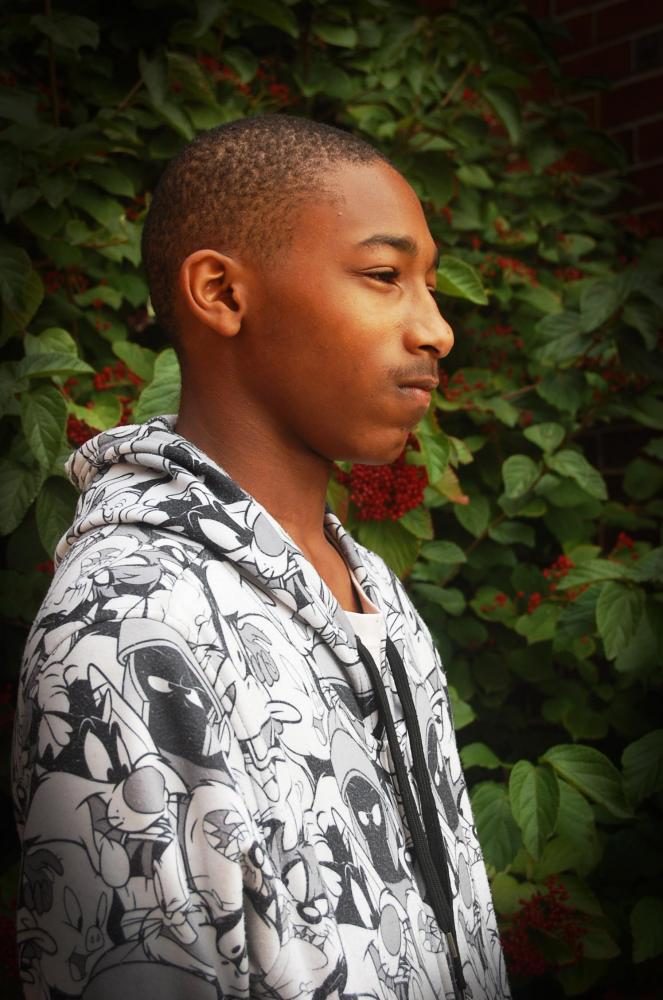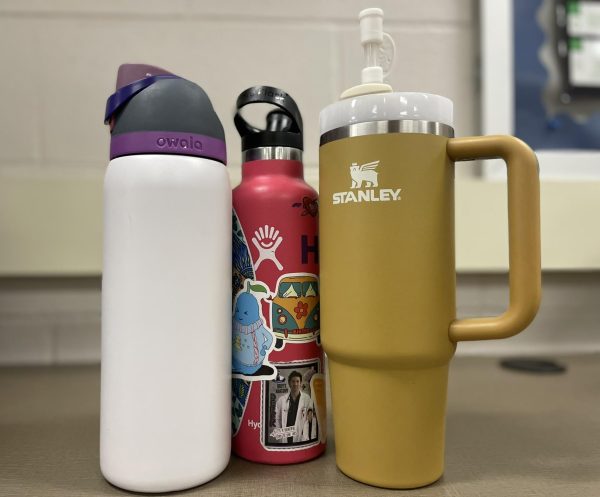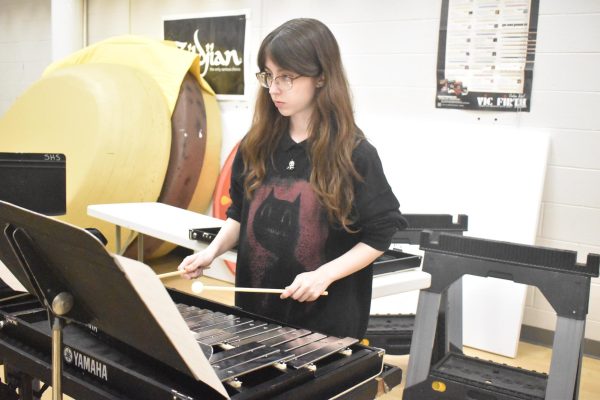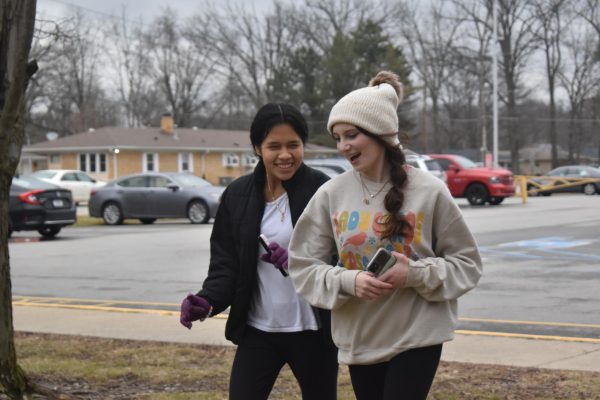Facing the problem: why administration and students see bullying at SHS differently
September 19, 2017
A SHS junior, in an interview by RTV6 called out the SHS administration for not doing enough to combat bullying.
“It’s like it happens so much, it got me to a point where I was so low,” the junior said.
A recent Twitter poll conducted by the Journal would seem to show that the junior was not alone in their opinion. 47 percent of 144 respondents said that they have been bullied at SHS.
However, SHS staff says that students often claim to have been bullied because they misunderstand the term. They believe bullying is used too broadly to describe issues of peer conflict.
SHS staff defines “true bullying” as “overt and repeated actions by one or a group of individuals against another individual to cause distress physically, emotionally or socially.” This means that true cases of bullying are repeated and intentional actions to belittle and degrade someone as to make oneself feel more powerful.
“We look and see if it’s a repeated offence,” SHS social worker Jorie DePalma said. “We look at any power differentials. I think we talk to witnesses and try and get as much information as possible. I think we look at the types of behaviors that are being exhibited… Is it a mutual conflict or does it appear to be really one sided, like the other person is really targeting the victim?”
DePalma and assistant principal Eric Woodke both claim that there are not many cases of “true bullying,” SHS students feel differently and say bullying is a problem at the school.
SHS freshman Antwon “Sunny” Battle is one student who says he has experienced bullying at school. Battle says he has been bullied since grade school and says he is still bullied now. A recent event of bullying Battle experienced was when he had his back turned, someone poured milk into his backpack ruining all of his books and assignments. This was the second time this had happened to him at the high school.
“I think that bullying in high school is sometimes rare and sometimes common,” Battle said. “I say that because you don’t know if it’s happening or not. It starts off little, but it goes to like a bigger, bigger thing.”
Battle thinks that some of the reasons people bully is because people misjudge what others find funny and what can be considered a joke. He thinks that people need to show good judgement and recognize when jokes stop being funny and know when to draw the line. Battle says that sometimes students will make jokes about others thinking it is funny, and then continuously make those jokes without realizing it is harassment.
“That’s also bullying because you keep doing it over and over again, daily, multiple times,” Battle said.
DePalma, like Battle, believes that part of the reason there is bullying in the school is because students aren’t consciously aware of how they treat one another. They think that oftentimes students are unaware of how their actions are perceived by other kids, like when a joke isn’t a joke to another student.
According to junior Alexis Morera, who says she has been bullied, some people bully “just to be mean.” But, she also agrees that part of the reason bullying is such a big problem at the school may be because kids are unaware of the fact that what they are doing is bullying.
She thinks it is important for other kids to step up and say that bullying is unacceptable. She believes that other students aren’t doing enough to hold each other accountable.
“I fight for people,” Morera said. “I don’t want other people to feel the way that I did when it used to happen to me.”
SHS guidance counselor Erin Shimp thinks that often students don’t speak up about the bullying. She believes that the reason bystanders and kids being bullied do not come forward can vary from student to student. One example, she says, is students are afraid of being targeted for speaking up about the bullying.
“The word they always tell me is ‘snitch,’” Shimp said. “‘I can’t be a snitch, I can’t be a snitch.’”
Shimp believes that students do not tell anyone about being bullied because they think it will only make things worse. She says sometimes they think that they can handle it or they are embarrassed and don’t want their friends to be called in as witnesses or their parents to be alerted to the problem.
“Sometimes I think they’re embarrassed and they shouldn’t be. You should never be embarrassed if someone is bothering you, picking on you, bullying you,” Shimp said. “But I think there is a sense of embarrassment… I wish there wasn’t such a stigma around that. I wish kids felt like if someone was bothering them (then they felt) empowered to go tell somebody.”
Battle thinks that kids don’t confront perpetrators because they are afraid of exposing themselves to being picked on.
“Bullying is a problem everywhere,” Battle said. “It doesn’t matter what school you’re in, it doesn’t matter what grade you’re in… It could be that next corner turn. You don’t know what’s gonna happen.”
Battle thinks that kids bully to exert power over other kids because someone had done that to them in the past.
“It’s like rank. Let’s say a senior picks on a junior, then that junior picks on a sophomore, picks on a freshman and it goes on and on,” Battle said.
DePalma believes that no matter what though, bullying is an issue that needs to be combatted on every level of the school. She thinks that it isn’t something that should rest solely on the shoulders of administration. She wants to see students actively holding one another accountable, just like Morera, and she wants to see students trying to recognize when a joke is no longer a joke.









